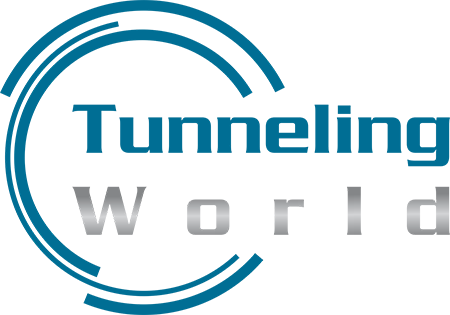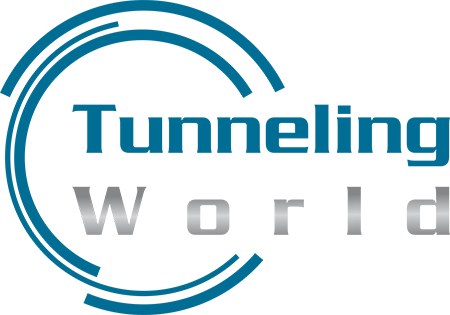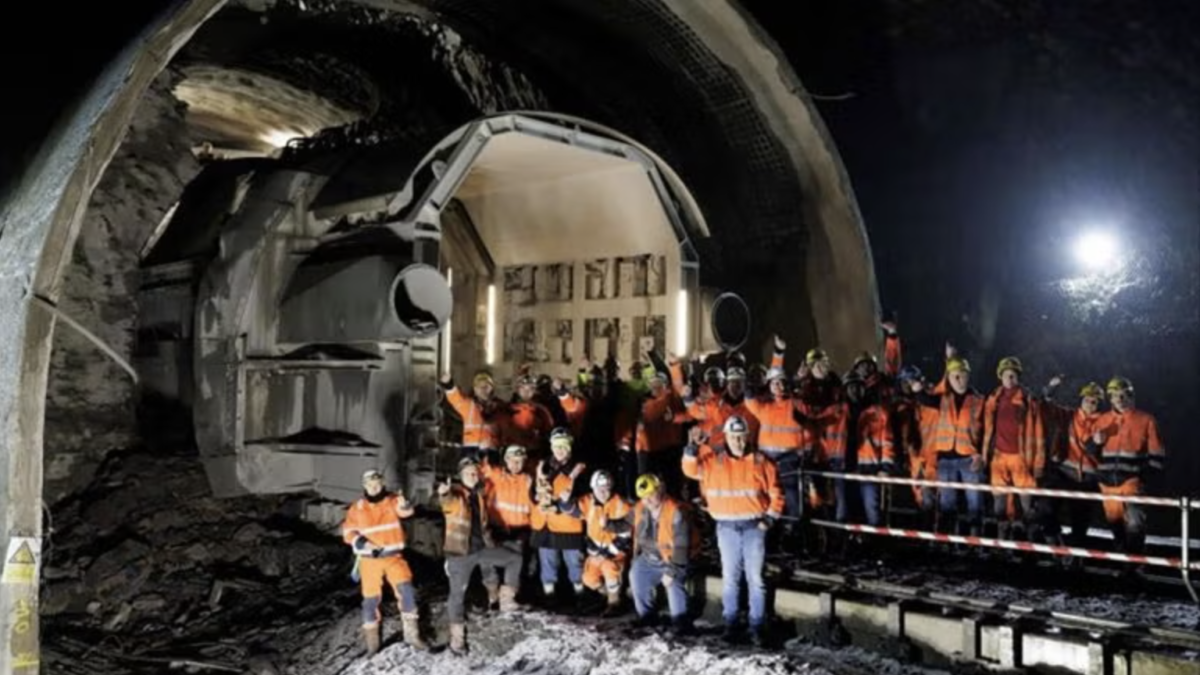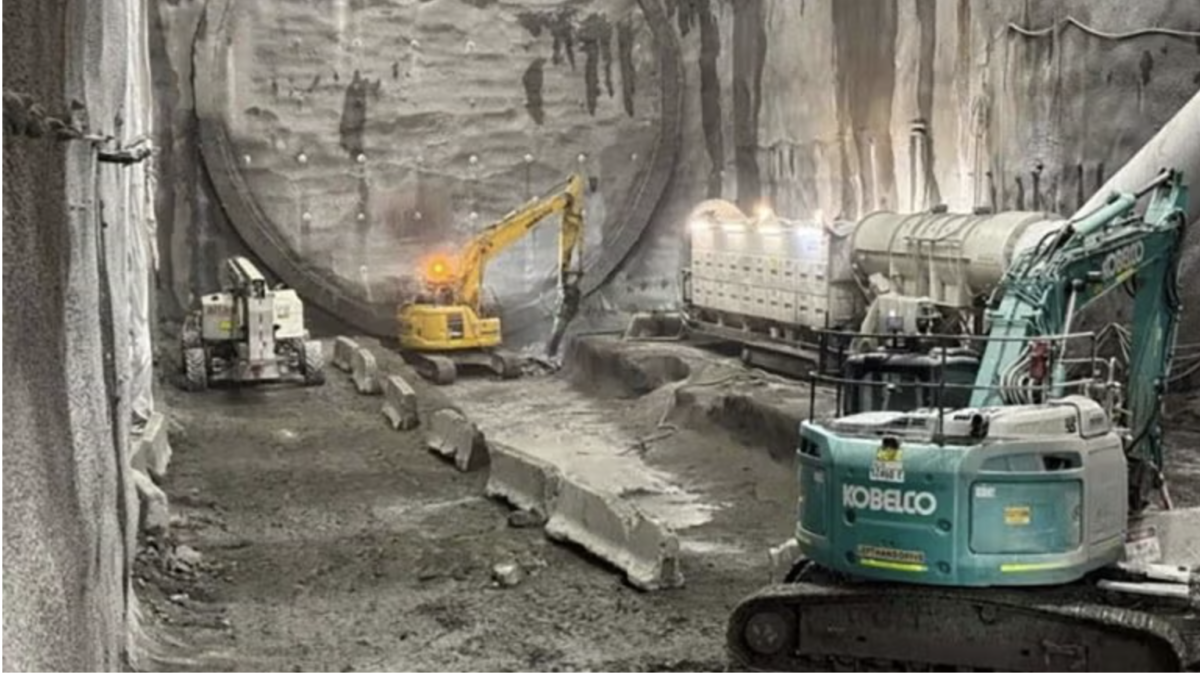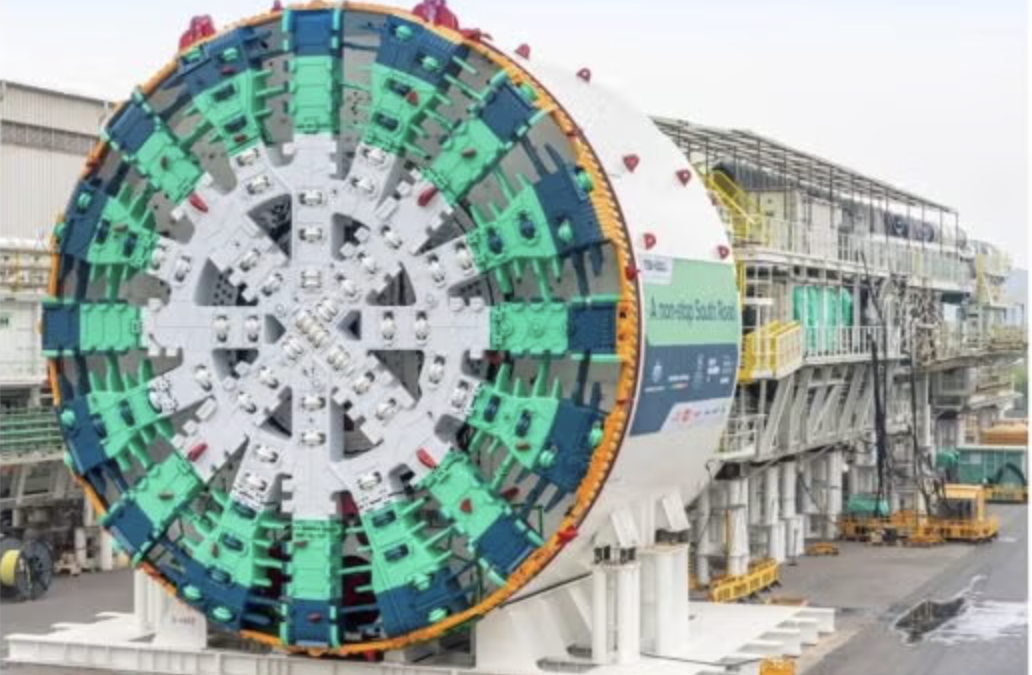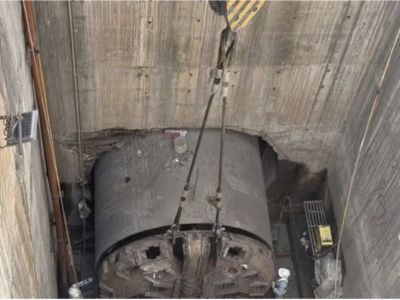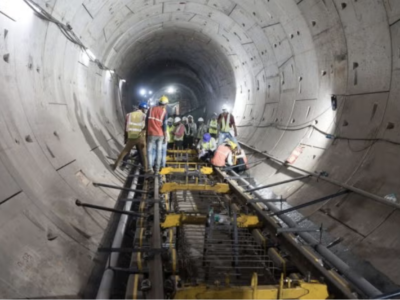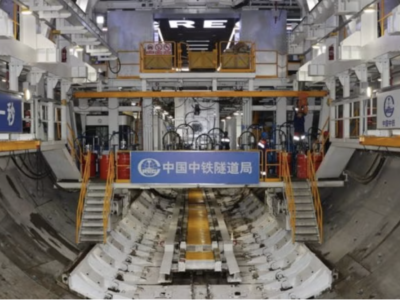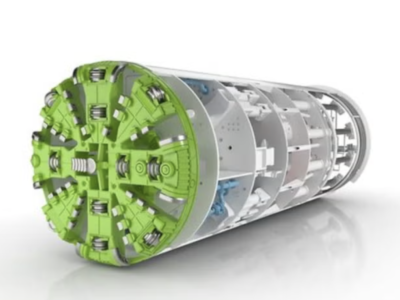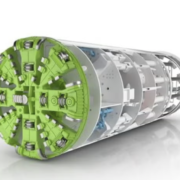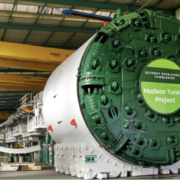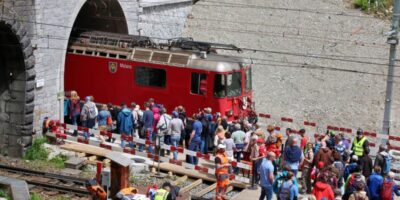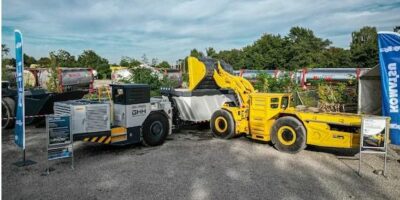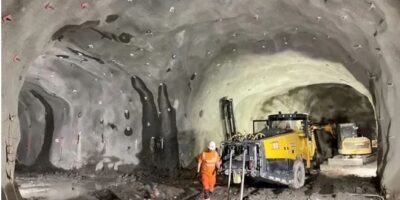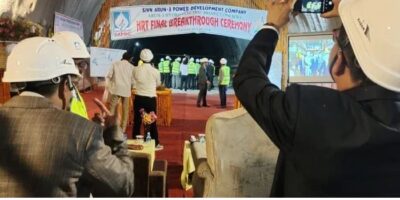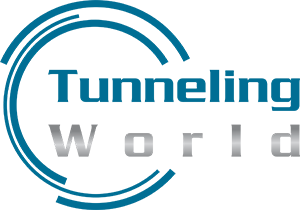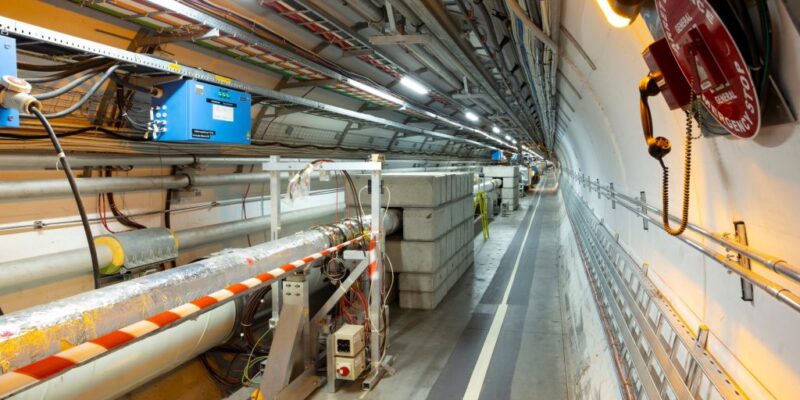
Cern’s plans for a new underground particle accelerator that is set to replace the Large Hadron Collider (LHC) have moved forward with ground investigations starting this month.
The European Organisation for Nuclear Research, known as Cern, is working on plans for a new particle accelerator called the Future Circular Collider (FCC).
This would be installed in a tunnel measuring some 91km in circumference at a depth of between 100m and 400m on French and Swiss territory, passing under Lake Geneva.
The tunnel would initially house the FCC-ee, an electron–positron collider for precision measurements offering a 15-year research programme from the mid-2040s.
A second machine, the FCC-hh, would then be installed in the same tunnel, reusing the existing infrastructure. The FCC-hh aims to reach collision energies of 100TeV, colliding protons and also heavy-ions, and running until the end of the 21st century.
Geological field investigations have now started as part of the feasibility study for the FCC project. Cern said that the geological field investigations will determine the nature of the subsoil and help it to better understand the stability of the soil.
UK-Italian consortium SGS3, comprising Structural Soils, Smart Seismic Solutions (S3) and Geotec, was awarded a ground investigation package for the south-eastern part of the proposed FCC alignment.
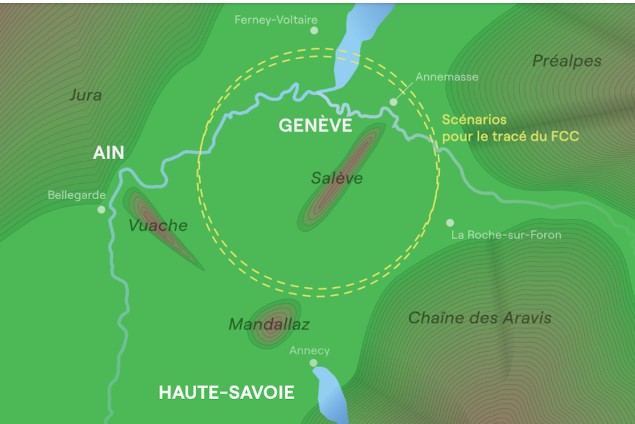
Cern confirmed that another contractor is currently in negotiations to undertake the ground investigations for the north and western parts of the alignment.
A Cern spokesperson told GE: “The primary goal of these investigations is to gain a more precise understanding of the local geology, which in turn will help minimise any potential construction risks in the areas where the FCC tunnel and underground infrastructure is proposed.
“By doing so, we aim to identify the depth of the molasse rock and the locations of its interfaces with other geological layers, such as limestone and moraines. This thorough assessment will help ensure that any future planning is based on reliable and accurate geological data.”
The ground investigations started this month and will run until the end of 2025.
The investigations will be carried out in multiple communes across the departments of Haute Savoie and Ain in France and the Canton of Geneva in Switzerland, according to the spokesperson.
The spokesperson added that once the current ground investigations end, a “more detailed campaign may be necessary to further assess and understand the geology in the areas where key underground infrastructure (such as caverns, shafts, etc.)” might be located.
“This would help inform potential future design considerations and more generally provide invaluable input for the geology of the region.”
The outcome of the geological field investigations will inform the final report of the FCC feasibility study that is due in 2025. The study aims to determine the technical and financial viability of the FCC at Cern.
The study will focus on the FCC’s geological aspects, the environmental impact, the infrastructure design, the civil engineering and the research and development for the technologies needed to ensure the efficiency and durability of the proposed colliders.
Based on the results of the study, Cern’s member states will decide about the project as a whole and, in particular, about the prospects for commissioning the FCC in the 2040s.
If developed, the FCC would be a higher performance particle collider that follows on from the Large Hadron Collider – the world’s largest and most powerful particle accelerator – once it is no longer operational.
Cern enables international collaboration in the field of high-energy particle physics. It designs, builds and operates particle accelerators and the associated experimental areas, which are housed in a complex network of underground tunnels, galleries and caverns in the Geneva Basin.
